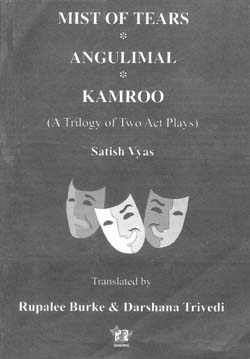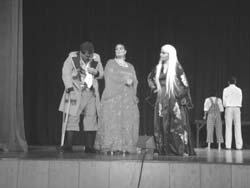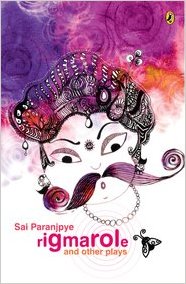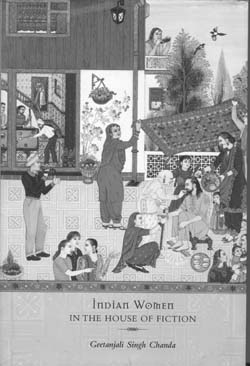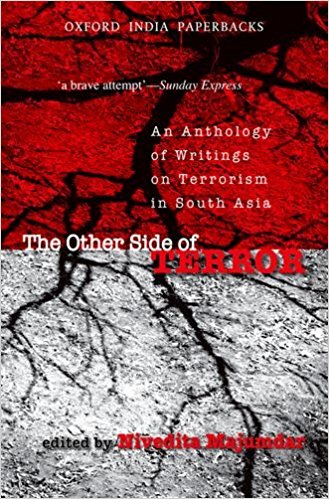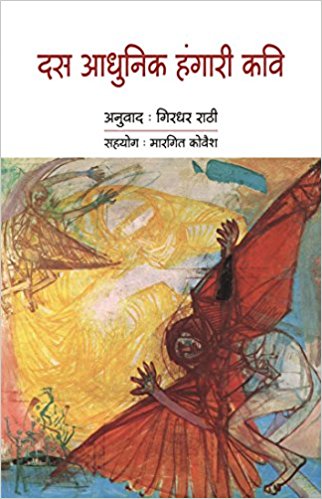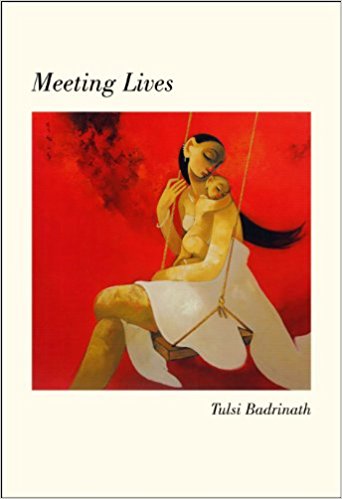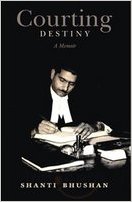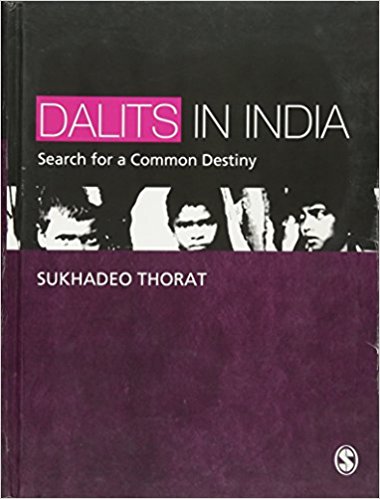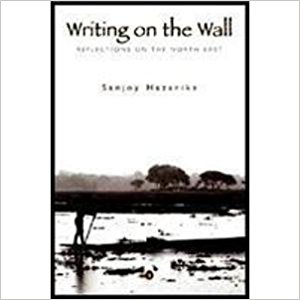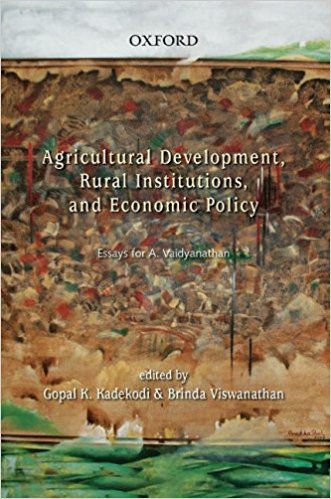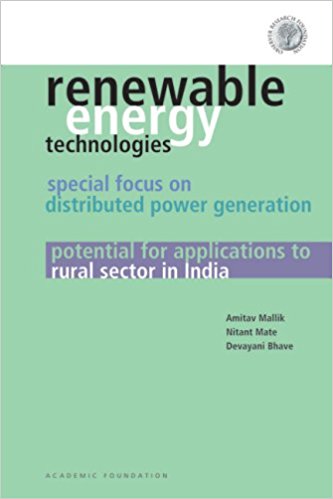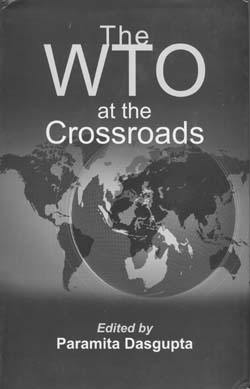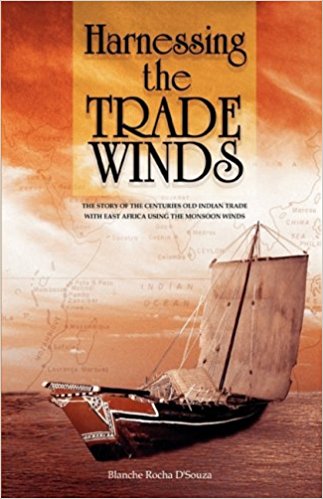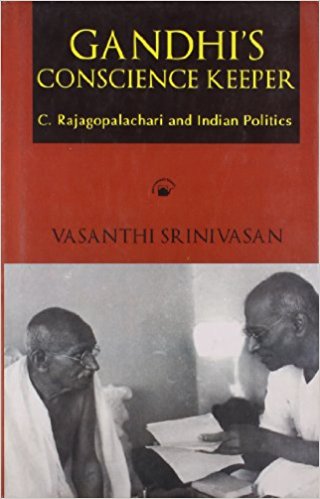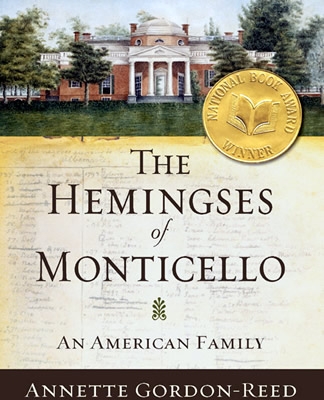Contemporary regional drama in translation, one of the ‘not so exploited/explored sub-genres’ in literature(s) comes as a very easily enactable text for performance for theatre lovers who want to try something new with Rupalee Burke’s and Darshana Trivedi’s translation of the well known Gujarati playwright Satish Vyas’s Jal Ne Parde (Mist of Tears), Angulimal and Kamroo, a trilogy of two act plays.
Archives
July 2009 . VOLUME 33, NUMBER 7Today children are distracted. Distracted by video games, television, computers, you name it! Everything seems to be an enemy of reading.
Rigmarole and Other Plays is a collection of three satirical plays that depict contemporary situations, people and events. The genre drama has been used dexterously by Sai Paranjpye to engage with the creativity, imagination and inventiveness of children. The book is a pointer to the fact that dramatic situations abound in the environment around us.
The word ‘home’, Geetanjali Singh Chanda reminds us, invokes a series of associations. We may describe our place of residence in physical terms, offering details of actual space demarcations.
The poems, short stories, extracts from magazines, statements in courts, and novels in The Other Side of Terror (‘What does it mean?’ an exasperated reader asked about the title) are grouped under ‘Freedom and Terror’, ‘Revolution and Terror’, and ‘Identity and Terror’.
Return to the village—they advise We aren’t far from the countryside not to be able to return you don’t see the ebony flowers you see the flesh of trees. (Flesh of Trees)
What does Hungarian poetry translated into Hindi signify? Is it just a random selection of a language and a bunch of poets—finding a way through the translator into another language? Or is it much more than a simple language transaction?
2009
This is an elegantly written book about life in upper-crust Adyar, (Chennai) where the jasmine flowers flourish, and ritual, dance and music go hand-in-hand with the routine chores of bringing up children, and running a house.
Halting of voice and limb, flattering the mighty, I have been made an actor in a farce. I know not what new comedy old age will have me dance with these white hairs for grease paint. Murâri (From Anargharâghava, trans. DHH Ingalls)
The fact that some sixty years after Independence the dalits continue to be marginalized in our country cannot be disputed.
2009
This collection of essays according to the author, ‘convey the author’s concerns on a wide range of issues, from the Brahmaputra and river waters to the peace talks in Nagaland,
At the outset, the Institute for Social and Economic Change (ISEC) has to be applauded for bringing out a volume in honour of A.Vaidyanathan who served several years both in the Centre for Development Studies (CDS) and the Madras Institute of Development Studies (MIDS).
Implementing any technology essentially has two parts: the theoretical knowledge about the system as well as knowledge about the way to practically implement the system.
The book edited by Paramita Dasgupta is a valuable contribution to the growing literature on WTO related studies. It has not only provided a conceptual framework of contemporary issues but also brought up lot of relevant aspects for India.
2009
Blanche D’Souza’s book Harnessing the Trade Winds—The Story of the Centuries Old Indian Trade with East Africa Using the Monsoon Winds, challenges the prevailing viewpoint that ‘the first Indians came to Africa as railway construction workers,
Images of India going to the polls in recent years have invariably tended to underscore the cynical lack of ideology and idealism on the part of leaders and opponents. The very real business of horse-trading and post-poll arithmetic has virtually obscured the possibility of ethico-moral politics—a potential that until the 1950s was a real one.
Annette Gordon-Reed won the 2009 Pulitzer history prize for this remarkable book, surely one of the most deserving recipients of that high honour.

